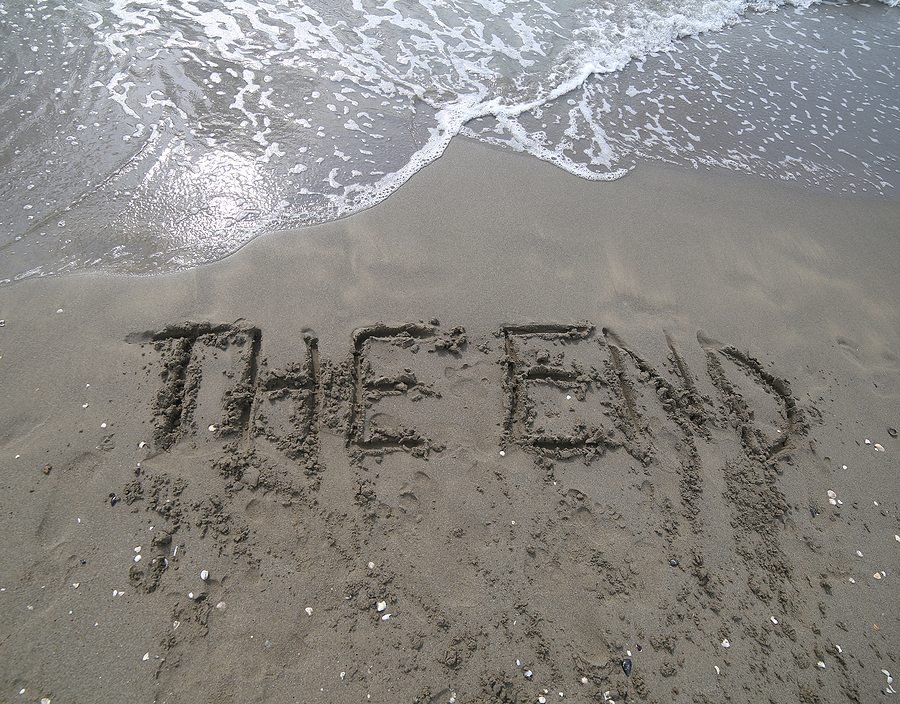
Time: Ordinary and otherwise
Time. It’s kind of like breath, or air, or water. We consume them as we do all commodities, thinking we have all we need, all the time in the world.
Until suddenly, we don’t.
Maybe because of serious illness when I was four, time has always felt like gift to me. And perhaps those multiple emergency trips to the operating room brought an unusual acquaintance with death. Hence wasting time and boredom are anathema. In fact, not infrequently I write of the inimical effects of boredom and wince when hearing someone say, “Let’s kill time by going…”
Since our move to Texas, these days of inhaling the breathtaking beauty of God’s creation feel irreplaceable. Some of that feeling is undoubtedly the newness of this property: the lawn, huge trees, and evocative green of the Texas Hill Country. The sheer delight of seeing deer with their impossibly tiny fawns in our back yard.
But even back in the years when I considered myself an atheist, a sunrise, sunset, or aria from Puccini could bring me to my knees, sometimes not merely virtually.
Beauty.…the sheer majesty of it.
Not all of us are capable of heeding the sudden breakthroughs of unexpected loveliness in this world.
I have come to believe that it is grace which grants the capacity to do so…On an early morning many years ago, while out running in Houston, I dropped to my knees at the splendor of the sunrise. Alone on the woodsy path, I laughed at the joy I felt, should not be feeling, because my life was in tatters. My husband had just announced that he wanted a divorce, and yet here I was on my knees in praise of a God I claimed I did not believe in.
My good friend Almita loves to quote Alice Walker, “I think it pisses God off when we walk past the color purple without stopping to notice.” When I first heard her say that, I doubled over laughing. Because it’s just…perfect. If, you’d like the origin of Almita’s wonderful phrase, read more.
Our animals know of time and its limits.
A little over a year ago, our older dog Shadow died. That Shadow lived until almost twenty was nothing short of miraculous. He held on, we knew, because he just didn’t want to leave us. But on that last morning, Shadow clearly told us that he had to go. Their experience of time is different—more real ,I think—but the intelligence of our animals can teach us things beyond words and time. I think they remember Eden more clearly than do we.
For all these reasons, the phrase “ordinary time” used in the Christian liturgy has always felt somehow wrong. How can we declare time as merely ordinary? Since I’d never bothered to learn what the word really means, I let myself feel almost sad when we return to ordinary time at the close of the Easter season.
The word ordinary conveys the commonplace, the lack of something special, the routine. And yet, quite often its opposite, is all too often, a crisis. Yet another lie of our black and white world: We’re either bored or terrified, there’s no in-between.
But that’s not the meaning of the church’s ordinary time. It’s root is the Latin word, ordinalis: numbered or ruled…a seasonal rhythm of order. Like the rhythm of the seasons, langorous summer days and the blessing of each new day.
The green-colored vestments used by the priests and on the altar during ordinary time? The green signifies growth, our growth in the daily routines of living our lives, caring for the creatures and the creation we’ve been given. Precisely like the mesmerizing greens of trees and grass. Extending to us the invitation to the grace of the virtue of gratitude.
David Stendahl-Rast
The practice of gratefulness that I’m concerned with is grateful living. That means every moment of your life you practice gratefulness. You practice awareness that everything is gift, everything is gratuitous, and if it’s all given, gratuitously given, then the only appropriate response is gratefulness What we really want is joy. We don’t want things. We don’t want to accumulate things. We forget that, and so gratefulness can help us see that, can help us realize that…
The one most frequently repeated command in the Bible is not “love your neighbor,” but “fear not.” And if there is one thing that we need in our world, if there’s one thing that we should write on our mirror and see every morning when we look into the mirror, it’s “fear not.” If we went into the day with that command deeply tattooed on our heart, “fear not,” we’d be completely different people and create a completely different world—a world of faith.Religion and ethics
Michael Pakaluk writes of redeeming time: St. Paul’s command to “redeem the time for the days are evil.” Pakaluk’s intriguing article speaks of ways to make good use of down time. Waiting in line in the grocery store, or heavy traffic. Finding and grabbing an opportunity to make a small sacrifice to God.
And summer invites sacred leisure. Another wonderful concept introduced to me by my friend Almita. Leisure is not idleness. But contemplation of reality and essential for our growth in the Spirit. Pope Benedict declares that vacations are essential.
This moment contains all moments.
CS Lewis
A most blessed Solemnity of the Holy Trinity to each soul on earth.
The Holy Spirit opens up the Heavens
The Spirit restores our original beauty and fills us with his grace, leaving no room for anything unworthy of our love. The Spirit frees us from sin and death, and changes us from the earthly men we were, men of dust and ashes, into spiritual men, sharers in the divine glory, sons and heirs of God the Father who bear a likeness to the Son and are his co-heirs and brothers, destined to reign with him and to share his glory.
In place of earth the Spirit reopens heaven to us and gladly admits us into paradise, giving us even now greater honour than the angels, and by the holy waters of baptism extinguishing the unquenchable fires of hell.
Speaking quite literally, and also in harmony with the words of water and the Spirit, John the Baptist says of Christ: He will baptize you with the Holy Spirit and with fire. Since we are only vessels of clay, we must first be cleansed in water and then hardened by spiritual fire – for God is a consuming fire. We need the Holy Spirit to perfect and renew us, for spiritual fire can cleanse us, and spiritual water can recast us as in a furnace and make us into new men.
From the treatise On the Trinity
by Didymus of Alexandria




